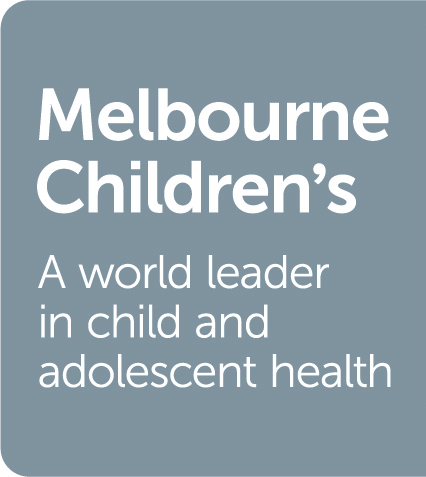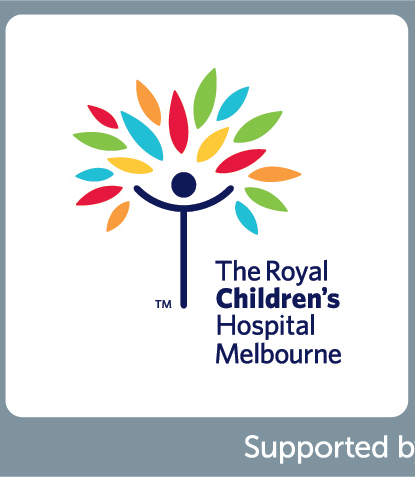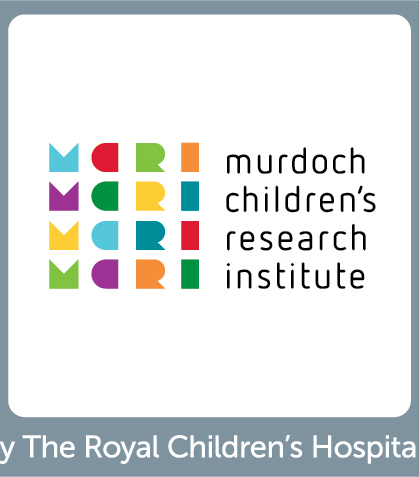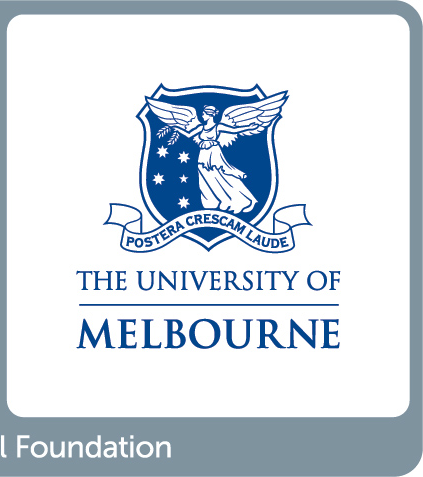Immune Function
Meet Sam *
Sam is 4 years old, and his parents have recently discovered that he has a serious peanut allergy. The family met with a specialist and developed an allergy management plan that can help to keep him safe, but it has been a difficult adjustment for him and his family.
His parents constantly worry that he could have a severe and unexpected reaction.
Sam’s parents learnt about the allergy research underway at MCRI. They hope that one day soon there will be a cure for Sam’s peanut allergy, and they will no longer have to live in fear for their son’s health and wellbeing.
* Sam is a representation of the experience of many young people who have serious food allergies at a young age.
Key facts |
|
Allergy, asthma and autoimmune diseases are the result of an overactive immune system
|
|
Asthma is the leading cause of total disease burden in children aged 5 – 14
|
|
For approximately 1 in 4 children with asthma, their asthma continues into adulthood
|
|
Hospital admissions due to anaphylaxis in children under 5 has increased five-fold in the last decade
|
|
Allergic disease in adulthood is linked to lower employment rates, equating to an economic impact of $1.1 billion per year
|
|
An estimated 1 in 1000 Australian children have a form of childhood arthritis
|
| Children with arthritis and their families suffer from higher rates of depression and anxiety |
LifeCourse research
Health and wellbeing are complex and vary across the lifespan.
LifeCourse research provides a platform that equips researchers with the tools, collaborations and access to produce more meaningful and robust research.
Creating a healthy start to life is vital to reduce disease risk later in life, and close the gaps created by social and economic inequities.
Investment in allergic and immune disease is essential to stop the rise in children being affected in Australia and around the world. Through the LifeCourse platform, MCRI aims to understand the complex origins and pathways of these diseases, and drive innovative new therapies that can be used to combat allergy, asthma and autoimmune conditions across Australia and the world.
Mission
Our immune system allows us to fight infection and stay healthy. But occasionally, our immune systems work too hard, and overreact to their environments. This is when conditions like asthma, allergy, food intolerance and autoimmune diseases begin to develop.
The consequences of these conditions are far reaching; they can impact mental health, quality of life, physical wellbeing and functioning at school or work.
With more and more Australian children being diagnosed with these types of conditions than ever before, MCRI researchers are on the hunt to find out why, and discover new treatments or even cures.
We also want to know the complex origins of these diseases, which could help us to design techniques to stop them before they begin.
While we already know that factors such as genetics, environment and hormones play a part, but the intricate ways these factors interact are still unclear.
Where to next?
MCRI is home to some of the largest and most comprehensive population health studies of paediatric allergic disease in the world. These studies allow researchers to address the rising rate of allergic disease.
Our studies are exploring a variety of potential contributing and protective factors and how these relate to allergy, including breastfeeding, vitamin D deficiency, early introduction of foods and maternal factors.
We are also making advances in autoimmune disease. Nationally, MCRI is at the forefront of this research, with nation-wide registries of patients with a number or rare paediatric autoimmune diseases, including juvenile idiopathic arthritis.




